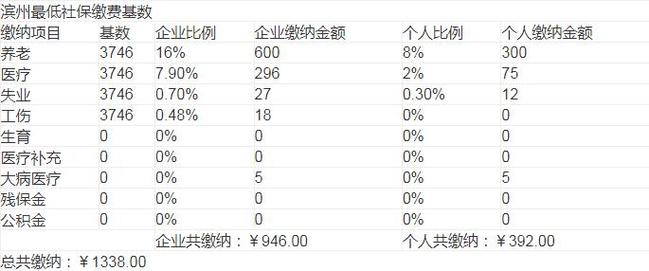Hello there! Whether you're a seasoned insurance professional or just someone looking to brush up on your financial vocabulary, knowing how to discuss insurance knowledge in English is a valuable skill. Let's dive into the world of insurance terminology and concepts, making sure we cover everything from the basics to more complex ideas.
Insurance Basics
First and foremost, let's start with the term "insurance." In English, we say "insurance" to refer to a contract where one party, the insurer, promises to pay or replace the loss of another party, the insured, in exchange for a premium. This is a fundamental concept, and understanding it is the first step to grasping insurance knowledge.
Types of Insurance
Now, let's explore some common types of insurance:
-
Life Insurance: This is a contract where the insurer agrees to pay a designated beneficiary a sum of money upon the death of the insured. It's like a safety net for loved ones, ensuring they're financially protected after you're gone.
-
Health Insurance: This type of insurance covers medical expenses. It's like having a financial first aid kit for when you get sick or injured.
-
Auto Insurance: This protects against financial loss resulting from traffic collisions and other incidents involving your vehicle. Think of it as a shield for your car and your wallet.
-
Home Insurance: This covers damage to your home and your belongings. It's like a security blanket for your castle.
Key Insurance Terms
Understanding the following terms will help you navigate insurance conversations with ease:
-
Premium: This is the amount you pay for your insurance coverage. Imagine it as a membership fee for the protection you receive.
-
Policy: This is the insurance contract itself. It's like a rulebook that outlines what's covered and what's not.
-
Deductible: This is the amount you must pay out-of-pocket before your insurance kicks in. Think of it as a down payment on your claim.
-
Coverage: This refers to what's included in your policy. It's like a menu of protections you can choose from.
-
Claim: This is a request for payment after a loss. It's like asking for a refund after you've used your insurance.
Understanding Risk and Insurance
Insurance is all about managing risk. Here's how we talk about it in English:
-
Risk Assessment: This is the process of evaluating the likelihood of a loss. It's like trying to predict if it will rain before you leave the house.
-
Risk Management: This involves strategies to minimize or eliminate risk. It's like taking an umbrella with you to avoid getting wet.
-
Actuary: This is a professional who uses statistics to study uncertain future events, especially those related to insurance. They're like fortune tellers with calculators.
The Language of Claims
When it comes to filing a claim, here are some phrases you might hear:
-
Claim Adjustment: This is the process of evaluating a claim to determine the amount to be paid. It's like a referee deciding who gets the last slice of pizza.
-
Claim Denial: This happens when a claim is not paid. It's like being told there's no more pizza left.
-
Claim Settlement: This is when a claim is resolved and payment is made. It's like finally getting that slice of pizza you've been waiting for.
Navigating the Insurance Industry
Finally, let's look at some roles and responsibilities within the insurance industry:
-
Agent: This is someone who sells insurance policies. They're like personal shoppers for protection.
-
Broker: This is an intermediary who represents the insured in the buying of insurance. They're like travel agents for insurance policies.
-
Underwriter: This is someone who assesses the risk of insuring a particular individual or property. They're like the bouncers at the door of the insurance club.
Practical Insights and Suggestions
To truly master insurance knowledge in English, consider the following:
-
Stay Updated: Insurance regulations and products change. Keep learning and stay informed.
-
Ask Questions: If you're unsure about a term or concept, don't hesitate to ask. It's better to be safe than sorry.
-
Practice: Use insurance terms in everyday conversation to reinforce your understanding.
-
Seek Professional Advice: For complex insurance matters, consult with a professional. They're like tutors for your insurance education.
By understanding these terms and concepts, you'll be well on your way to mastering insurance knowledge in English. Remember, insurance is a language of protection and planning for the future. It's not just about the words we use but the security and peace of mind they provide. So, go ahead, dive into the world of insurance, and speak the language with confidence!











